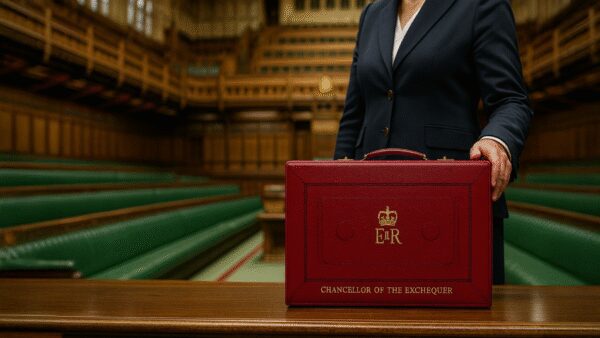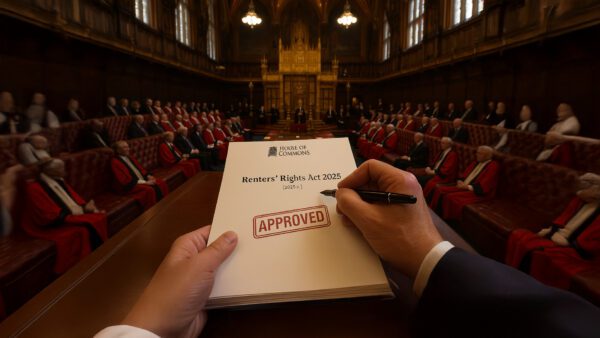So I’ve been thinking? Might the FIG be the juiciest tax holiday that’s ever been created?
For background, the UK government’s newly introduced Foreign Income and Gains (FIG) regime has been billed as a more equitable and modern approach to taxing international wealth. But looking more closely and viewing it from a more practical set of lenses and you’ll notice a striking outcome: for internationally mobile entrepreneurs, the FIG regime could offer what amounts to a one-year tax holiday to realise significant capital gains – including the sale of a business – before departing the UK again, entirely tax-free.
What’s the FIG all about?
At the heart of the new regime is the offer that individuals arriving in the UK after 6 April 2025 will enjoy a four-year window of tax exemption for foreign income and gains – provided they meet the eligibility criteria. Crucially, unlike the remittance basis (which taxed foreign gains when brought into the UK), the FIG regime simply ignores foreign income and gains in that four-year window – regardless of whether the proceeds are brought to the UK or spent abroad.
What’s the juice then?
This creates an obvious planning opportunity for a certain category of internationally mobile individuals, namely those who are planning to sell a business or realise significant gains in the near term. For them, the UK may become an unexpectedly attractive jurisdiction to relocate to for a short period. To be clear, we are not talking about those looking to settle permanently, but rather short-term stays to shelter a future disposal from tax.
Let’s imagine a scenario: An entrepreneur based overseas identifies a potential exit event for their business within the next year or two. They relocate to the UK in 2025 under the FIG regime, enjoy all the benefits of life in London or elsewhere, sell their business within their four-year window, and then leave the UK shortly thereafter, well in advance of being exposed to UK tax on their worldwide income and gains. We are also assuming, for these purposes, that the tax where the business is based is lower, negligible or non-existent, possibly based on their non-residence in that jurisdiction.
From a policy perspective, this raises a serious and legitimate question: will the FIG regime produce the long-term tax revenues the government hopes for or will it simply encourage short-term ‘tax tourism’ by highly mobile individuals? Ultimately, there is currently no requirement for new arrivals to commit to the UK for any meaningful period beyond the four-year window.
What’s next?
This is not to say that the FIG regime is without its advantages. However, if the government’s objective is to attract genuine long-term residents and tax payers who contribute more into the overall tax take, the regime may need further safeguards. Without them, the risk is that the UK simply becomes a short-term tax shelter for business owners who never intended to make the UK their permanent home. How might this enrage other jurisdictions with whom the UK is intended to cooperate on the global mission for tax fairness.
The challenge for policymakers will be to balance the UK’s competitiveness as a destination for international talent with the integrity of its tax system. As always, clever tax planning tends to find opportunity in new rules, and the FIG regime may prove no exception.









